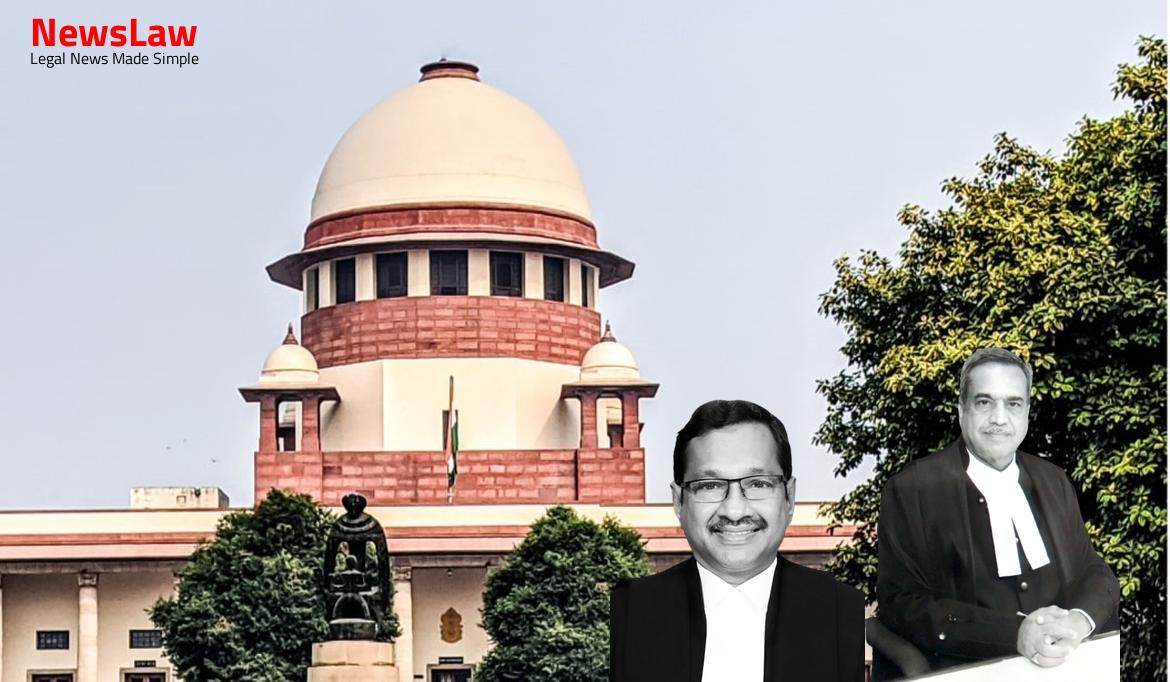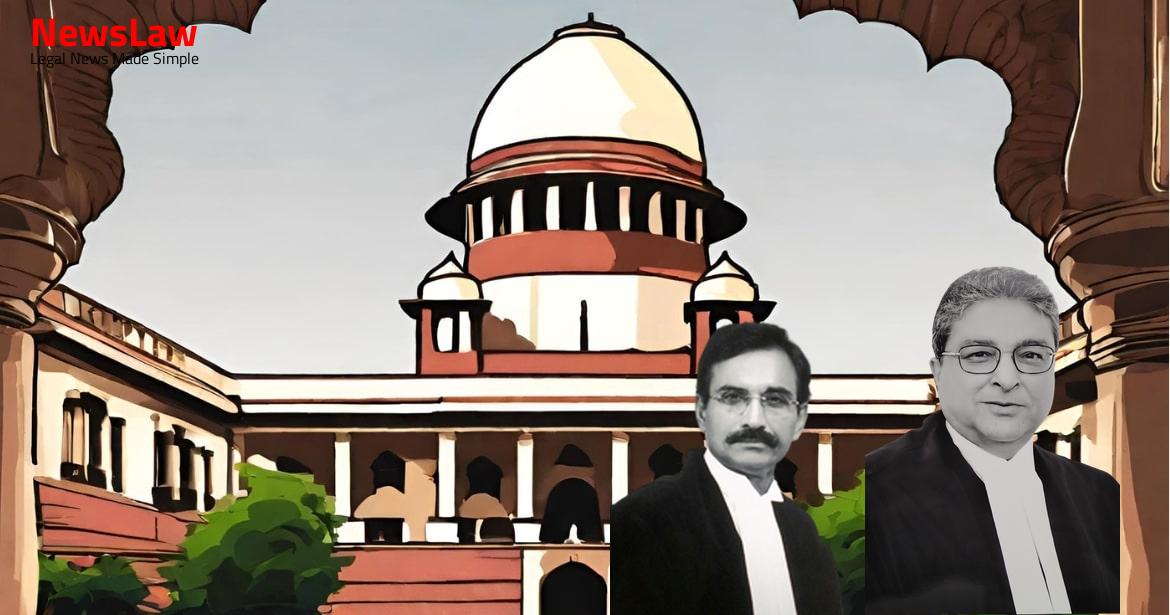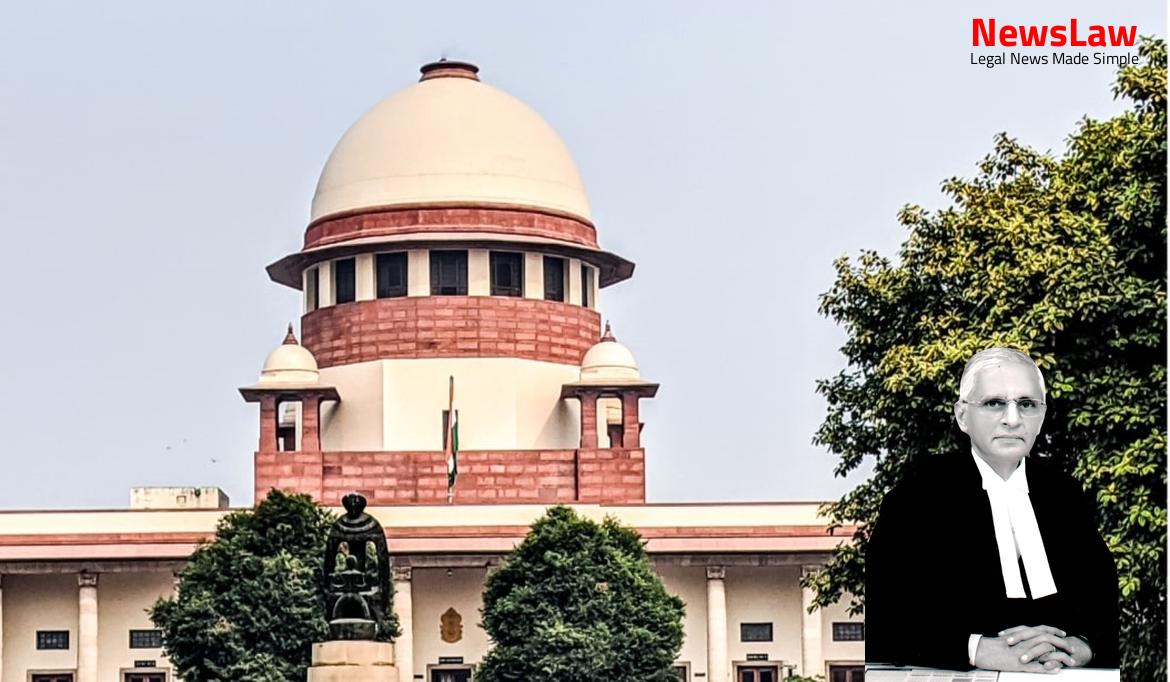The surveyor of respondent No 1 also made an inspection, on the basis of which the appellant was instructed to refurnish its shop for the purpose of due evaluation. The State Consumer Disputes Redressal Commission (hereinafter referred to as ‘the State Commission’) rejected the contention of respondent No 1 on the premise that there was no adequate disclosure, the mandatory provisions have not been followed, as such the insurer was deficient in service and indulged in unfair trade practice. Ganguli, learned senior counsel appearing for the appellant submitted that the National Commission has not overturned the reasoning of the State Commission both on facts and law. Black’s Law Dictionary defines “Adhesion Contract” as: “ A standard-form contract prepared by one party, to be signed by the party in a weaker position, usually a consumer, who has little choice about the terms.
Though, a contract of insurance is a voluntary act on the part of the consumer, the obvious intendment is to cover any contingency that might happen in future. An exclusion clause has to be understood on the touch-stone of the doctrine of reading down in the light of the underlining object and intendment of the contract. On the aforesaid principle of law, particularly with respect to the issues qua onus, burden and reading down, this Court in Shivram Chandra Jagarnath Cold Storage v.
In that case, the terms of the insurance policy allowed an insured vehicle to carry six workmen, excluding the driver. It is plain from the terms of the Insurance Policy that the insured vehicle was entitled to carry 6 workmen, excluding the driver. Here, it is nobody’s case that the driver of the insured vehicle was responsible for the accident. Even if one were to make a strictly doctrinaire approach, the very same conclusion would emerge in obeisance to the doctrine of “reading down” the exclusion clause in the light of the “main purpose” of the provision so that the “exclusion clause” does not cross swords with the “main purpose” highlighted earlier. Looking at the whole instrument, and seeing what one must regard… as its main purpose, one must reject words, indeed whole provisions, if they are inconsistent with what one assumes to be the main purpose of the contract.’ Although this rule played a role in the development of the doctrine of fundamental breach, the continued validity of the rule was acknowledged when the doctrine was rejected by the House of Lords in Suisse Atlantique Societe d’ Armement Maritime S.A. A very high standard of good faith, disclosure and due compliance of notice is required on the part of the insurer, keeping in view the unique nature of an insurance contract. When an exclusion clause is introduced making the contract unenforceable on the date on which it is executed, much to the knowledge of the insurer, non-disclosure and a failure to furnish a copy of the said contract by following the procedure required by statute, would make the said clause redundant and non-existent. The big concern said, “Take it or leave it.” The little man had no option but to take it.
Also Read: https://newslaw.in/supreme-court/dismissal-of-application-seeking-bail-relief/
has summarised the duty of an insured to disclose as under: “…the assured must disclose to the insurer all facts material to an insurer’s appraisal of the risk which are known or deemed to be known by the assured but neither known nor deemed to be known by the insurer. In simple terms, it could be understood that any fact which has a bearing on the very foundation of the contract of insurance and the risk to be covered under the policy would be a “material fact”. It is also open to the parties entering into a contract to extend the duty or restrict it by the terms of the contract.” On the principle of acting in good faith, it is held by this Court in United India Insurance Co. (2000) 2 SCC 734, “(8) It is the fundamental principle of insurance law that utmost good faith must be observed by the contracting parties and good faith forbids either party from non-disclosure of the facts which the parties know.
Such a degree of notice mandates a party relying upon the exclusion clause to bring it to the knowledge of the other side, any failure to do so would non-suit the said party from placing reliance upon it, as held in Bharat Watch Company v. This submission is sought to be answered by the learned counsel appearing on behalf of the insurer by adverting to the fact that SCDRC construed the terms of the exclusion.
The District Forum came to a specific finding of fact that the insurer did not furnish the terms and conditions of the exclusion and special conditions to the appellant and hence, they were not binding. Further, sub-clause (iv) of Clause 3 mandates that if proposal form is not filled by the insured, a certificate has to be incorporated at the end of the said form that all the contents of the form and documents have been fully explained to the insured and made him to understand. In such a situation, the doctrine of “blue pencil” which strikes off the offending clause being void ab initio, has to be pressed into service.
The “doctrine of blue pencil” was evolved by the English and American courts. The question therefore arises whether the illegal or void parts may be separated or ‘severed’ from the contract and the rest of the contract enforced without them. ( Black, 7th Edn., 1999)
This doctrine holds that if courts can render an unreasonable restraint reasonable by scratching out the offensive portions of the covenant, they should do so and then enforce the remainder. [(2006) 2 SCC 628]” The Indian Contract Act, 1872 “ 2.Interpretation-clause.- In this Act the following words and expressions are used in the following senses, unless a contrary intention appears from the context:- xxx xxx xxx xxx (i) An agreement which is enforceable by law at the option of one or more of the parties thereto, but not at the option of the other or others, is a voidable contract ; xxx xxx xxx 10.What agreements are contracts.- All agreements are contracts if they are made by the free consent of parties competent to contract, for a lawful consideration and with a lawful object, and are not hereby expressly declared to be void. Explanation.-Mere silence as to facts likely to affect the willingness of a person to enter into a contract is not fraud, unless the circumstances of the case are such that, regard being had to them, it is the duty of the person keeping silence to speak, or unless his silence, is, in itself, equivalent to speech. xxx xxx xxx 19.Voidability of agreements without free consent.- When consent to an agreement is caused by coercion, [***] fraud or misrepresentation, the agreement is a contract voidable at the option of the party whose consent was so caused. 17 Explanation.- A fraud or misrepresentation which did not cause the consent to a contract of the party on whom such fraud was practised, or to whom such misrepresentation was made, does not render a contract voidable. Option under Section 19 of the Contract Act not only facilitates such a 18 party, but also curtails the other who is responsible, from seeking to declare the contract as voidable. The second part of Section 19 of the Contract Act extends a further benefit to the aggrieved party to seek the performance of the contract, notwithstanding, the fraud or misrepresentation against him. Definitions.- (1) In this Act, unless the context otherwise requires,- xxx xxx xxx (g) “deficiency” means any fault, imperfection, shortcoming or inadequacy in the quality, nature and manner of performance which is required to be maintained by or under any law for the time being in force or has been undertaken to be performed by a person in pursuance of a contract or otherwise in relation to any service; xxx xxx xxx (r) “unfair trade practice” means a trade practice which, for the purpose of promoting the sale, use or supply of any goods or for the provision of any service, adopts any unfair method or unfair or deceptive practice including any of the following practices, namely: — (1) the practice of making any statement, whether orally or in writing or by visible representation which,— xxx xxx xxx (iv) represents that the goods or services have sponsorship, approval, performance, characteristics, accessories, uses or benefits which such goods or services do not have. Finding of the District Forum.— (1) If, after the proceeding conducted under section 13, the District Forum is satisfied that the goods complained against suffer from any of the defects specified in the complaint or that any of the allegations contained in the complaint about the services are proved, it shall issue an order to the opposite party directing him to do one or more of the following things, namely:— xxx xxx xxx (d) to pay such amount as may be awarded by it as compensation to the consumer for any loss or injury suffered by the consumer due to the negligence of the opposite party: 20 Provided that the District Forum shall have the power to grant punitive damages in such circumstances as it deems fit; xxx xxx xxx (f) to discontinue the unfair trade practice or the restrictive trade practice or not to repeat them; 28.
The consumer under the Consumer Protection Act, 1986 (hereinafter referred to as “the 1986 Act”) is at an elevated place than the plaintiff in a suit. Court’s finding against one of the parties qua the existence of unfair trade practice has to be transformed into an adequate relief in favour of the other, particularly in light of Section 14 of the 1986 Act. –
In this Act, unless the context otherwise requires,- xxx xxx xxx xxx xxx xxx (46) “unfair contract” means a contract between a manufacturer or trader or service provider on one hand, and a consumer on the other, having such terms which cause significant change in the rights of such consumer, including the following, namely:– (i) requiring manifestly excessive security deposits to be given by a consumer for the performance of contractual obligations; or (ii) imposing any penalty on the consumer, for the breach of contract thereof which is wholly disproportionate to the loss occurred due to such breach to the other party to the contract; or (iii) refusing to accept early repayment of debts on payment of applicable penalty; or (iv) entitling a party to the contract to terminate such contract unilaterally, without reasonable cause; or (v) permitting or has the effect of permitting one party to assign the contract to the detriment of the other party who is a consumer, without his consent; or 22 (vi) imposing on the consumer any unreasonable charge, obligation or condition which puts such consumer to disadvantage;” ( 47) “unfair trade practice” means a trade practice which, for the Once, the State Commission or the National Commission, as the case may be, comes to the conclusion that the term of a contract is unfair, particularly by adopting an unfair trade practice, the aggrieved party has to be extended the resultant relief.
Procedure applicable to State Commission.- (1) The provisions relating to complaints under sections 35, 36, 37, 38 and 39 shall, with such modifications may be necessary, be applicable to the disposal of complaints by the State Commission. Procedure applicable to National Commission.- (1) The provisions relating to complaints under sections 35, 36, 37, 38 and 39 shall, with such modifications as may be considered necessary, be applicable to the disposal of complaints by the National Commission. Under sub-section (2) of Section 49 and 59 of the 2019 Act, the State Commission and the National Commission, respectively, may declare any terms of the contract being unfair to any consumer to be null and void. Section 14 of the 1986 Act empowers the Consumer Fora to redress the deficiency of service by issuing directions to the Builder, and compensate the consumer for the loss or injury caused by the opposite party, or discontinue the unfair or restrictive trade practices. An “unfair contract” has been defined under the 2019 Act, and powers have been conferred on the State Consumer Fora and the National Commission to declare contractual terms which are unfair, as null and void. Under the impugned order, we have already taken note of and discussed, the findings of the State Commission, which are indeed approved by the National Commission.
The said provision makes it consequential in granting adequate compensation once it finds deficiency, the existence of unfair 28 terms in the contract and unfair trade practice on the part of the other party. However, we are in agreement with the submission made by the counsel appearing for the respondents that the State Commission without any basis granted a sum of Rs.2.5 lakhs towards harassment and mental agony. (SURYA KANT)……………..
J.
Case Title: M/S TEXCO MARKETING PVT. LTD. Vs. TATA AIG GENERLA INSURANCE COMPANY LTD (2022 INSC 1186)
Case Number: C.A. No.-008249-008249 / 2022



